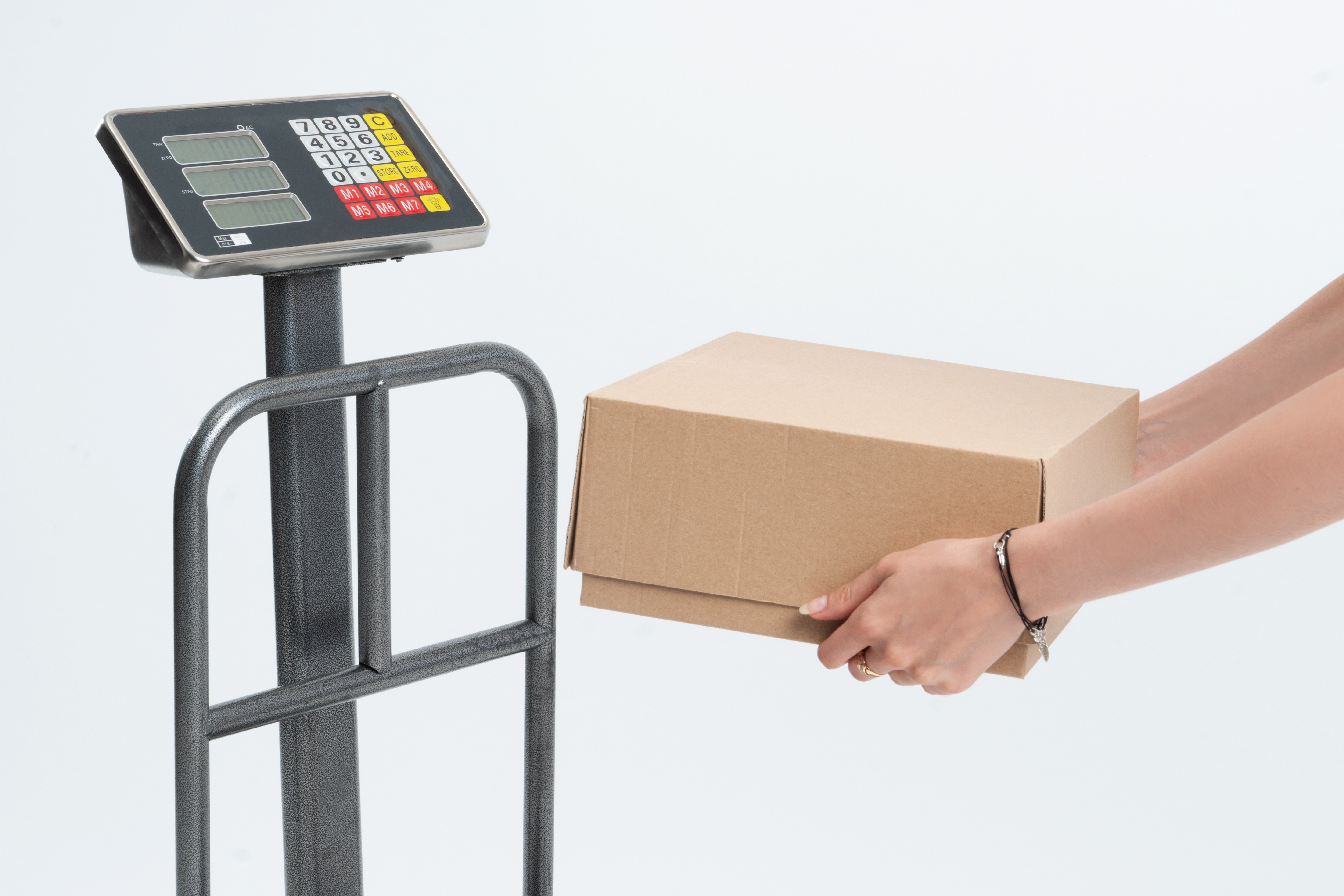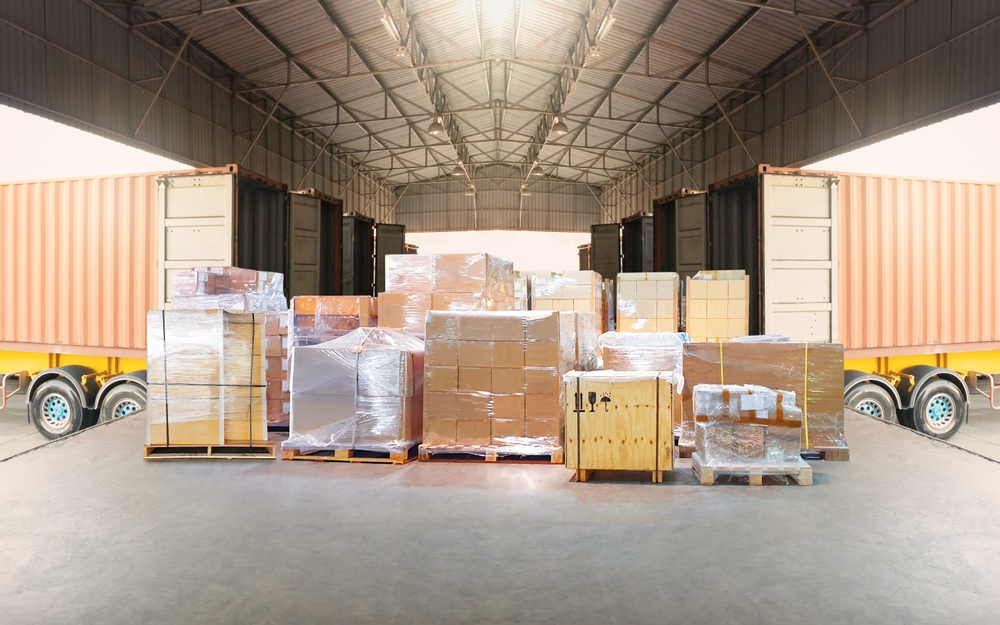What Is Shipping Insurance and How Does It Work


Taking out shipping insurance will increase your shipping rate, you should be clear on that. But the benefits of shipping insurance far outweigh the additional cost. In fact, shipping insurance will save you money in the long run, particularly if you run a business that delivers to clients.
In this article, we will explain what shipping insurance is in practice, explore some benefits of a good insurance policy, and expound on how shipping insurance works.
By the end of the article, you should be able to distinguish between a good and bad insurance provider and know how to choose the best insurance policy for your specific situation. So, let’s start by explaining what shipping insurance is.
What Is Shipping Insurance?
Let’s start at the very beginning and explain what shipping insurance actually is.
Well, shipping insurance is a service provided by carriers and insurance companies that enables senders to be reimbursed if a package is stolen, lost, or damaged during transportation. The shipping company takes on the financial liability for a package or parcel up until it arrives at its destination. This makes for much safer and more secure shipping solutions.
Some major shipping carriers may offer basic insurance coverage as part of their shipping services, but this coverage is often limited and may not cover the full value of your shipment. In these cases, it may be worth considering purchasing additional shipping insurance for high-value packages to make sure your parcels are secure.
What Does Shipping Insurance Cover?
The specific coverage and terms of shipping insurance may vary depending on the carrier and the policy, but in general, parcel shipping insurance can provide coverage for:
- Damage during transit: Shipment insurance can provide coverage for any physical damage that may occur during transit, such as dents, scratches, or broken items.
- Loss or theft: If your shipment is lost or stolen during transit, package insurance can help cover the value of the lost goods.
- Non-delivery: In some cases, a shipment may be lost or delayed in transit, and the recipient may never receive the goods. Shipping insurance can help cover the cost of the lost shipment in this scenario.
Exclusions to Shipping Insurance
It is important to familiarize yourself with the exclusions of shipping insurance to understand what coverage you actually have. Common exclusions include:
- Wilful misconduct by the assured (the receiver) - insurance fraud
- Items that may not be insured according to the carrier's policies
- Inherent vice
- Loss or damage caused by improper packaging
- Unexplained loss
- Latent defects
- Incorrect addresses or zip codes.
Types of Shipping Insurance
There are three types of shipping insurance: carrier-based, third-party and self-insured. Each type has its own unique benefits that can help you save money and ensure that your shipment is covered against damages or losses.
- Carrier-Based Insurance – This type of insurance is provided by the carrier and offered in their contract of carriage. It is provided at no additional cost, but it usually limits the coverage to a certain amount and does not cover consequential damages resulting from lost or delayed items.
- Third-Party Insurance – Third-party shipping insurers offer full coverage for your shipment at an affordable rate. This type of insurance provides more comprehensive coverage than carrier-based insurance, and it covers consequential damages resulting from lost or delayed items.
- Self-Insured – Self-insurance is when a shipper assumes all risk for the shipment and does not purchase any insurance. This type of coverage is usually only recommended for shipments that are low-cost and/or of extremely low value. It can save money in the short term, but the shipper will be responsible for any losses incurred in the event of a claim.
No matter what type of insurance for shipping you choose, it is important to understand how coverage works and identify the potential risks of not having an insured package before deciding.
How Does Shipping Insurance Work?
We have discussed the definition and types of shipping insurance. Now, we should explain how shipping insurance and what shipping professionals would like you to know.
1. Understand Your Shipping Insurance Coverage
Carriers will provide automatic coverage up to a certain amount. After that, it is the responsibility of the shipper to purchase additional insurance. If the value of your parcel exceeds the automatic coverage limit, you will need to purchase insurance for the entire package.
You can declare a certain value for your merchandise, allowing you to claim losses from the carrier up to the declared amount. If no value is declared, the carrier will default to their included shipping insurance ceiling. If the declared value exceeds the ceiling, there will be additional costs incurred on the shipper. This additional fee guarantees loss prevention for the shipper.
Three important things to know as a shipper:
- While carrier shipping insurance is a nominal fee, it can add up if you ship regularly.
- Most major carriers have included coverage options at a maximum of $100 per shipment. Shippers can choose to insure their items for up $50,000 per parcel.
- Some carriers will not cover items such as coins, cash, or precious stones.
2. Declared Value
Declared value and shipping insurance are not the same. In fact, most carriers will not outline the difference in hopes you will not notice. Additionally, many high-volume carriers fail to immediately notify the shipper of lost parcels, delaying the claim filing process to the point where the shipper could miss the deadline.
Shipping Insurance
- Shipping insurance is typically included up to a certain amount with each carrier for free.
- The carrier will assume all risk for lost or damaged items during transit.
- Shipping insurance must be purchased for any amount exceeding automatic coverage.
Declared Value
- Declared value allows the shipper to incur losses up to the declared amount.
- If declared value exceeds automatic coverage, the shipper foregoes their free coverage and must purchase insurance for the full value of the item(s) being shipped.
- To collect losses, the shipper must file a claim with the carrier.
3. Filing a claim
- Submit the claim within the specified claim deadline.
- Send in all relevant documentation, including, but not limited to proof of parcel value, proof of insurance, shipment documents, and repair estimates.
- Wait 5-30 business days to receive a refund and/or resolution.
4. Benefits of Third-Party Coverage
Third-party options will cost you more upfront, but they will cover all shipments made within a specified amount of time. Over time, you typically incur much lower shipping costs. Plus, it includes door-to-door protection against loss, damage, or any other unforeseen event.
This type of coverage ensures that you know exactly what is covered, you receive personalized service for claims, and you can rest assured that your package will be handled with as much care as if it were in your hands.
The benefits of third-party insurance coverage include:
- Lower cost coverage than typical carriers
- Personalized service
- Discounted and higher limit shipping insurance
- Savings benefits for high-volume shippers
- Easy claim filing and recovery
How Much Is Shipping Insurance?
Shipping insurance costs are typically based on the value of the goods being shipped, as well as the destination and mode of transport. For example, shipping a valuable item overseas by air will typically cost more to insure than shipping a less valuable item domestically by ground.
In general, the cost of shipping insurance is 0% for packages under 100$. For every additional 100% value, carriers will charge extra (usually around 1$ per 100$). The exact amount will, of course, depend on the carrier whose shipping services you choose or the insurance provider.
While this may seem like an additional expense, remember that the cost of damage or loss of your shipment can be much higher than the cost of the insurance itself. So is insurance worth it for shipping? Our answer is definitely.
Who Pays for Shipping Insurance?
Costs of shipping insurance can be paid for by either the seller or the buyer, depending on the terms of the transaction. There are two distinct forms of insurance that are important here: seller insurance and buyer insurance.
- Seller Insurance: The business buys shipping insurance from a third-party shipping insurance company.
- Buyer Insurance: The seller offers insurance that customers can add to their purchases at checkout.
Exploring the Benefits of Investing in a Package Insurance Policy
If you or your eCommerce business sends or receives a lot of packages in the mail, you may want to consider investing in an affordable package insurance policy in case there are any issues with your deliveries.
Package insurance offers many benefits, especially for those who may have business operations that involve sending and receiving packages. Why do you need shipping insurance? Well, here are just a few benefits of package insurance besides getting reimbursed if a package gets damaged or stolen.
Shipping Insurance Lets You Track Your Packages
First, having package or parcel insurance takes all the guesswork out of sending and receiving packages. You will be able to track the locations of your packages, and you can set up a delivery using any device with an internet connection. You'll never again have to wonder whether or not something got lost.
If you're shipping valuable items overseas, having a package insurance policy can give you some much-needed peace of mind. On the rare occasion that something does get lost, you will be reimbursed the full value of the item. By shipping with insurance, your satisfaction becomes a top priority, and you simply will not get that kind of service with regular shipping.
You Get a Grace Period to File Insurance Claims
Next, if you are concerned about sending or receiving packages with fragile contents, you can rest assured that having a package insurance policy will prevent you from being inconvenienced if something breaks. Most insurance companies give you a grace period of up to 30 days to report any damages or missing items and file an insurance claim.
A Shipping Insurance Policy Provides Discounts on Future Shipping Rates
Finally, having a reliable shipping insurance policy gives you a discount on all future shipping rates. If you are a business owner, you know that shipping can get expensive. Almost 90% of everything we buy arrives via ship, and it's important to protect your assets.
Interested in Purchasing Shipping Insurance?
If you decide to go with a third-party shipping insurance company, make sure it can meet your needs, deliver high-quality service, and eliminate the stress from shipping. Unival Logistics provides shipping insurance of up to $150,000 in value at premium rates. The filing process is as painless as possible, and each shipper has a designated customer service representative who works diligently to resolve any issues.
Unival Logistics has been a trusted shipping option for 18 years, offering a proven and effective step-by-step procedure to handle expensive items - large or small, discounted shipping insurance, a network of terminals around the world, secure package delivery, and a streamlined process that eliminates all of the extra work for the shipper.
So, contact us today to make sure your high-value packages are fully protected during transportation, and you are getting the best price!
Latest blogs
Dimensional (DIM) Weight in Shipping: What It Is & How It’s Calculated
Wed, Jan 14th 2026, 07:11
 Continue Reading →
Continue Reading →
Shipping Gold Safely: Packaging, Insurance & Best Practices
Mon, Jan 12th 2026, 03:00
 Continue Reading →
Continue Reading →
Categories
defaultCall Us Today
Get premium full-value shipping insurance at affordable rates and be sure your parcels are 100% safe during transport. Work with a logistics powerhouse - get in touch with us today.
213-368-3444
Contact Us
Want a peace of mind when shipping valuable packages? Our experts are happy to ansver any questions you may have and provide you with a tailored soulution that meets your unique shipping needs. Email us today and ship your luxury items with ease!

.jpg)

